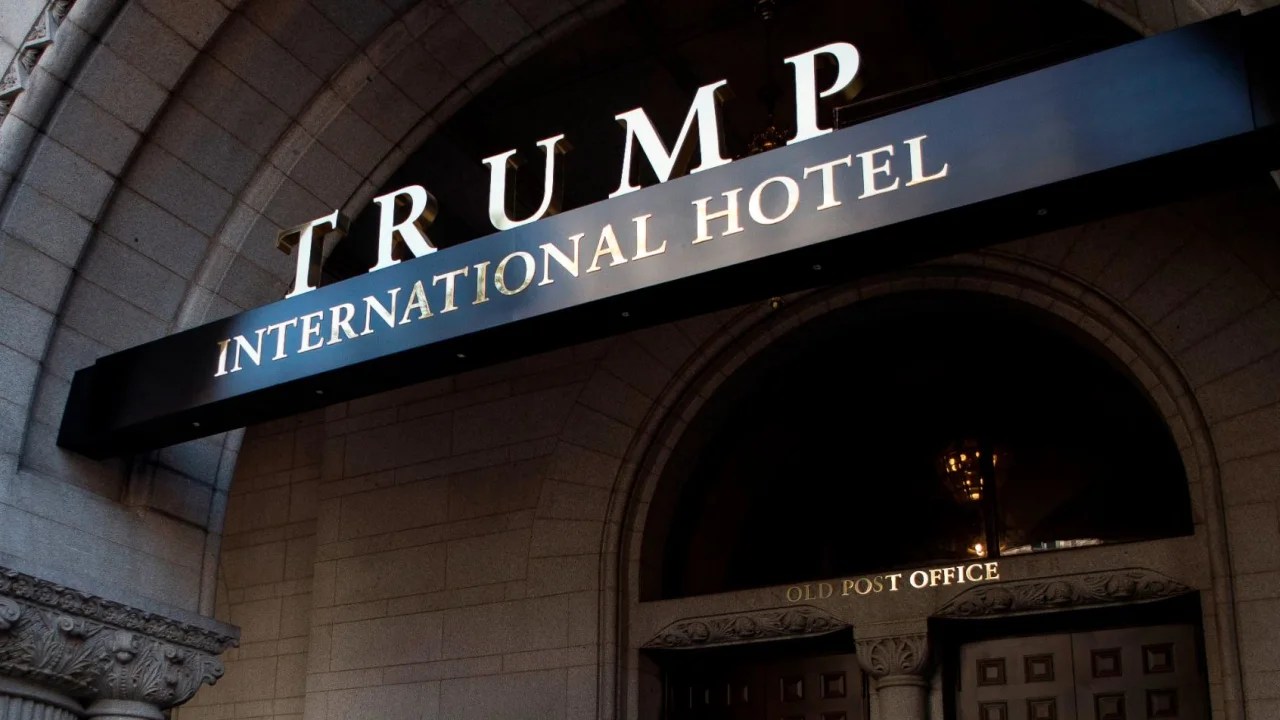(Trends Wide) — The Supreme Court on Monday threw out a case involving a lower court opinion that allowed a handful of members of Congress to sue a government agency over records related to the Washington hotel once owned by former President Donald Trump.
The court’s decision is likely due to lawmakers dropping the case.
This means that judges will leave for another time the question of whether it is appropriate for a minority of members of a congressional committee to be able to demand documents from the executive branch.
The case raised questions about when members of Congress, and not a full committee, had a legal right to demand documents from an executive agency under a specific federal law, Section 2954.
While most of the documents related to the Trump hotel deal had already been released, the litigation was expected to resolve whether challenges brought by minority lawmakers could succeed in future cases.
The Biden administration argued that if the lower court ruling were allowed to stand, it would undermine the independence of the executive branch and turn what has always been a bargaining process between the branches of state into immediate litigation.
The so-called “seven member rule” authorizes seven or more members (fewer than a majority) of House or Senate oversight committees to request and receive information from government agencies.
At issue before the Supreme Court was whether members have the legal right or “standing” to sue for breach under the law. The law is different from the institutional authority of Congress to request or subpoena documents and witnesses, which requires the formal authorization of Congress or a commission.
The Supreme Court on Monday struck down a federal appeals court opinion favorable to the lawmakers.
“The underlying question, whether it is constitutional for a minority of members of a congressional committee to be able to demand documents from the executive branch, is an important debate for the future of congressional oversight, especially when the White House and Congress are controlled by the same party,” said Steve Vladeck, Trends Wide Supreme Court analyst and professor at the University of Texas School of Law.
“That said, the specific issue of this case has been so overtaken by events that it makes sense that the parties have dropped the dispute, to leave its resolution for a case where it really matters,” he added.
The dispute over Trump’s hotel records stems from minority Democratic members of the House Oversight Committee several years ago examining an agreement between the General Services Administration and a Trump company that , in his opinion, posed a potential conflict of interest.
Last year, the Trump Organization completed the sale of the hotel’s lease to CGI Merchant Group and its partner Hilton Worldwide Holdings Inc, which now manages the luxury hotel as a Waldorf Astoria property.





